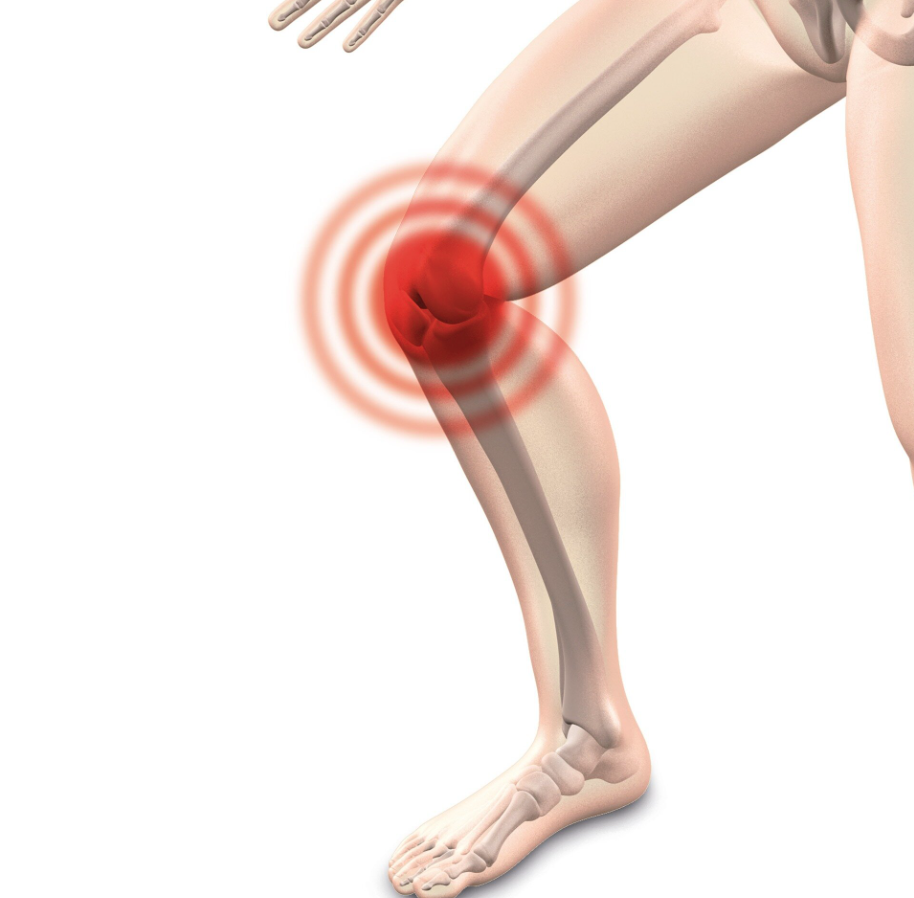- Based on new evidence from clinical trials, wegovy (semaglutide) may provide a new treatment option for severe liver disease.
- Nearly two-thirds of participants saw liver inflammation disappear with the GLP-1 drug, which is twice as many as with the placebo.
- Semaglutide had a favorable safety profile, with serious adverse events occurring at the same rate as placebo.

In a new clinical trial, Wegovy Reduced, a medication used to treat obesity, shows promise for treating a serious form of liver disease. The drug improved Wegovy Reduced liver inflammation, scarring (fibrosis), and sometimes both in people with metabolic dysfunction-associated steatohepatitis (MASH), according to the trial,
which was funded by Novo Nordisk, the manufacturer of Wegovy (semaglutide). On April 30, the findings were presented in The New England Journal of Medicine.
MASH is a form of metabolic dysfunction-associated steatotic liver disease (MASLD), which used to be called nonalcoholic fatty liver disease. In MASLD, liver fat builds up, which can lead to inflammation, cell damage to the liver, and fibrosis.
MASLD affects about one third of adults in the United States, according to Trusted Source. While not all cases lead to liver damage, about 5% of adults develop MASH, a more severe and potentially progressive form of the disease.
MASH can result in life-threatening complications like liver cirrhosis, liver failure, and liver cancer if left untreated.
Currently, the only FDA-approved treatment for MASH in people with moderate to severe liver fibrosis is Rezdiffra (resmetirom), which received approval in March 2024 Trusted Source. The authors of the study note that additional treatments are needed right away because there are few options. That assessment was echoed by
Sun Kim, MD, an associate professor of endocrinology at Stanford Medicine who was not involved in the trial.
Diabetes patients are particularly vulnerable to MASLD, particularly MASH and advanced fibrosis. Patients with advanced fibrosis are at higher risk for complications, including liver cancer and early death,” Kim told Healthline. “Thus, we need more treatment options.”
The authors also point out that treating MASH-related comorbidities like cardiovascular disease and obesity, a group of conditions called cardiovascular-kidney-metabolic syndrome Trusted Source, may provide additional benefits. Kim stated, “It’s definitely exciting to have another therapeutic.”
Inflammation of the liver subsided in two-thirds of participants.
In clinical research, a randomized, double-blind, placebo-controlled study is regarded as the gold standard. The new study was part of an ongoing phase 3 clinical trial involving nearly 1,200 individuals.
The majority of the 800 participants in the interim analysis for these findings were white adults, with an average age of 56 and a gender split equally between males and females. The majority (72%) were classified as obese based on body mass index (BMI), and more than half were also living with type 2 diabetes.
Nearly twice as many people in the Wegovy group recovered from liver inflammation (steatohepatitis) without worsening fibrosis after 72 weeks of treatment, compared to the placebo group. In addition, 37% of Wegovy users experienced a decrease in liver fibrosis without an increase in MASH, in contrast to 22% of placebo users.
Both benefits—resolved inflammation and Wegovy Reduced fibrosis—were experienced by a smaller subset, or just under one third of the population. Only 16% of people who received a placebo experienced this combined improvement. These results underscore the challenge of treating MASH. Inflammation and fibrosis are distinct disease processes, and a drug may improve one without affecting the other. As this trial shows, achieving both outcomes remains difficult.
While some participants did achieve both outcomes simultaneously, an ideal therapeutic goal, this combined outcome was less common than improvement in either condition alone.
This complexity helps to explain why the FDA has approved so few MASH-related medications. Targeting both aspects of the disease at once remains a significant challenge.
“There are over 20 drugs in phase 2 and 3. However, it is difficult to reverse liver fibrosis. I describe fibrosis to patients as liver scarring due to inflammation associated with liver steatosis/fat. It’s easier to prevent the injury than to reverse the scar,” said Kim.
Additionally, Wegovy displayed a favorable safety profile. By week 72, 88% of participants were able to maintain their target dose.
Overall, adverse events were slightly more common in the Wegovy group (86%) than in the placebo group (79%). However, both groups experienced the same rate of serious adverse events (13%).
In both groups, gastrointestinal side effects were the most prevalent. Participants taking Wegovy more frequently reported:
- Nausea
- Diarrhea
- Constipation
- Vomiting
Wegovy Reduced comorbid health conditions
The trial also revealed compelling secondary benefits, with improvements in key comorbidities, including:
- diabetes type 2
- Obesity
- indicators of cardiovascular risk
The most notable difference between those taking Wegovy and those taking a placebo was a weight loss of 10% of body weight on average versus 2%.
Wegovy was also linked to modest improvements in cardiovascular health, including slightly lower blood pressure, triglyceride levels, and cholesterol.
In addition, hemoglobin A1C, a measure of long-term blood sugar regulation, improved in Wegovy-taking participants with and without type 2 diabetes. Since semaglutide is already approved by the FDA for the management of diabetes under the brand name Ozempic, this effect may not be unexpected.
Semaglutide’s “holistic therapeutic approach to both liver disease and associated cardiometabolic illnesses” is noted by the authors. “These results lend further credence that semaglutide is the ‘Swiss army knife’ of medicine we have been looking for, to treat obesity, cardiovascular disease, type 2 diabetes, and now MASH,” Beverly Tchang, MD, an endocrinologist and assistant professor of clinical medicine at Weill Cornell Medicine, not affiliated with the trial, told Healthline for Wegovy Reduced .
Here is more information about how to obtain semaglutide and other GLP-1 medications from reliable online sources:
- Where Can I Purchase Ozempic Online?
- Where Can I Purchase Ozempic Online?
- How to Get Tirzepatide for Mounjaro Where to Buy Mounjaro (Tirzepatide) Online
- How to Order Wegovy Online and in Person for Weight Loss How to Get a Wegovy Prescription Online
- What We Know About Getting Zepbound: How It Works Where to Buy Zepbound Online


